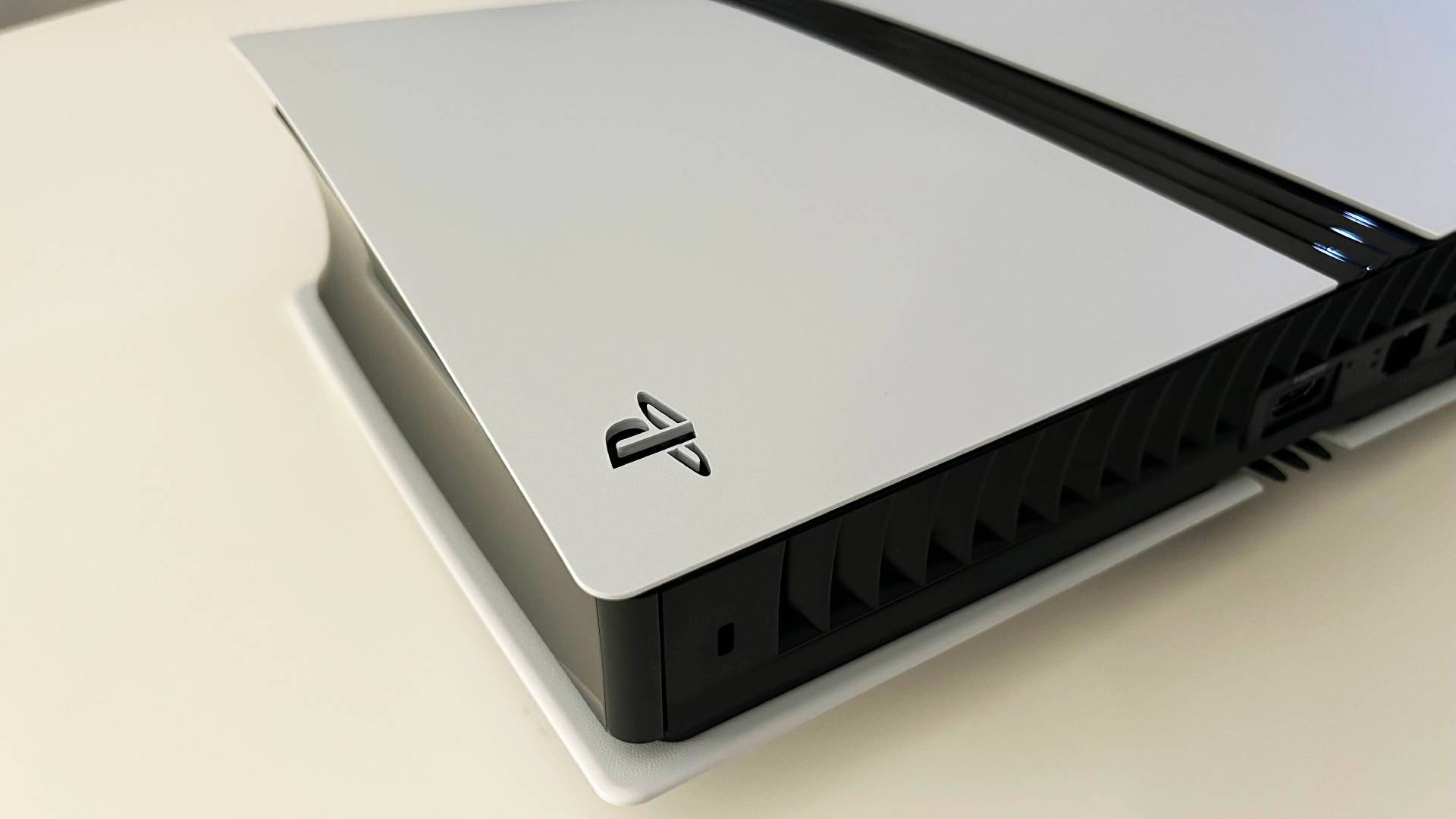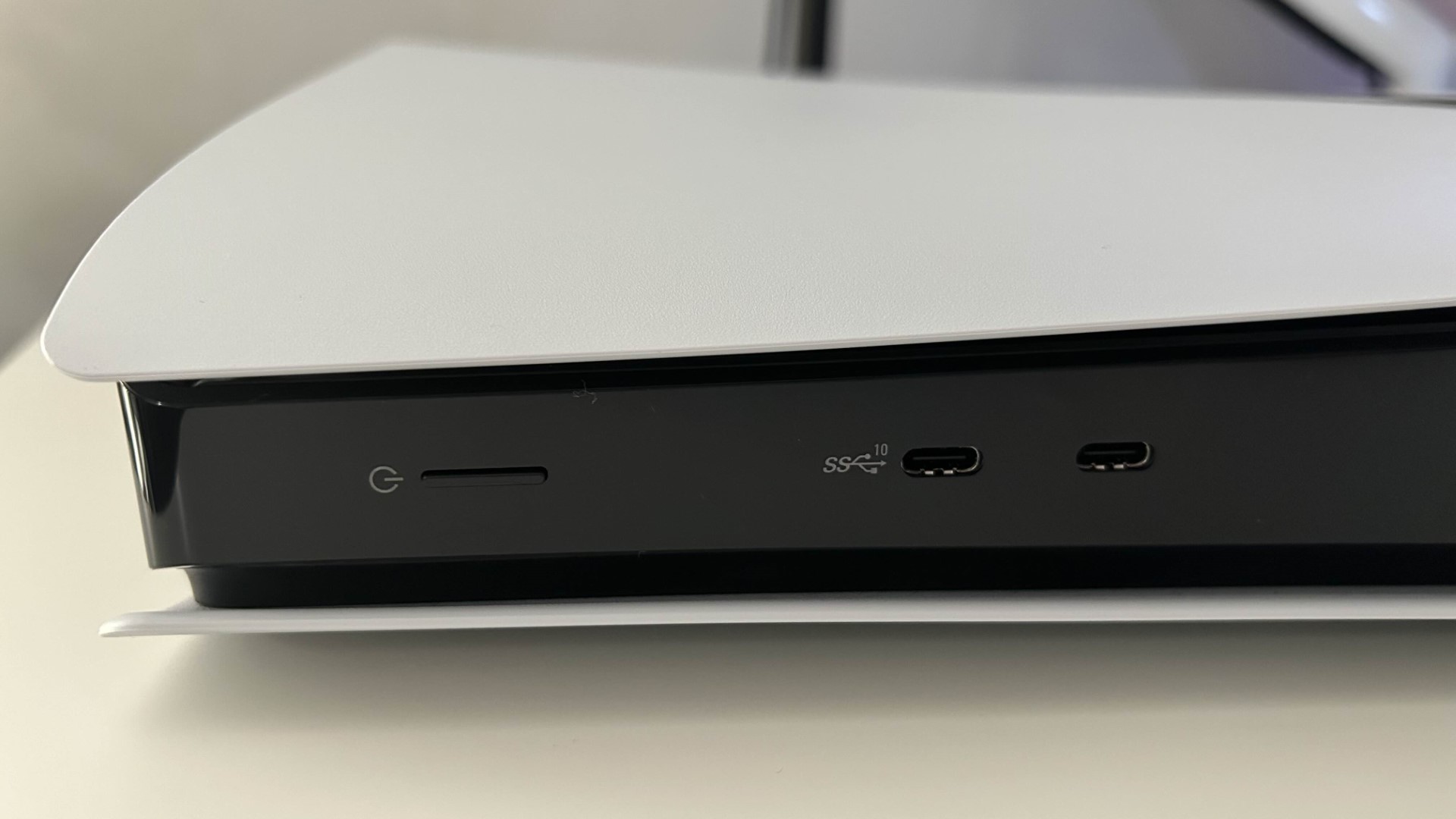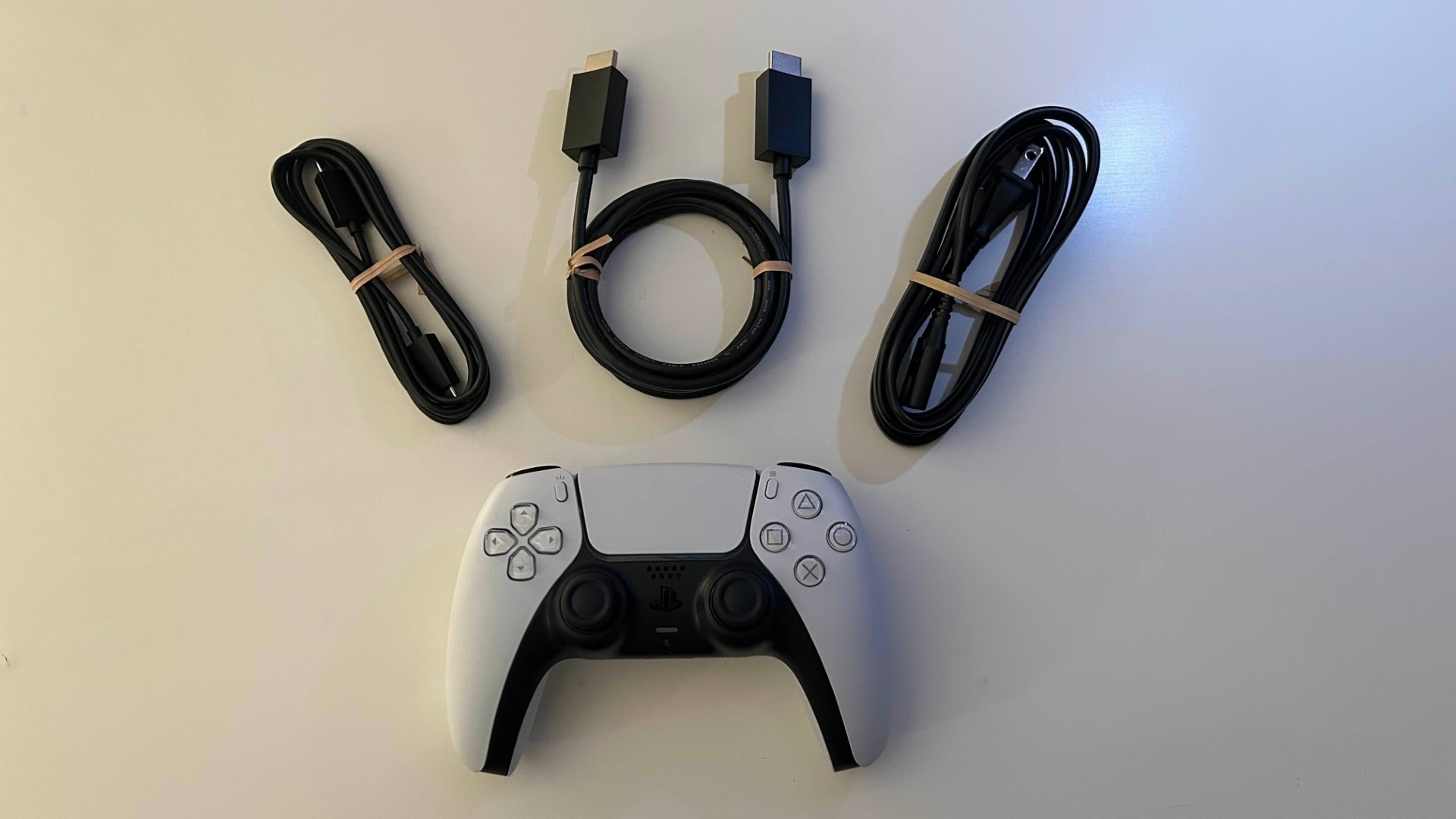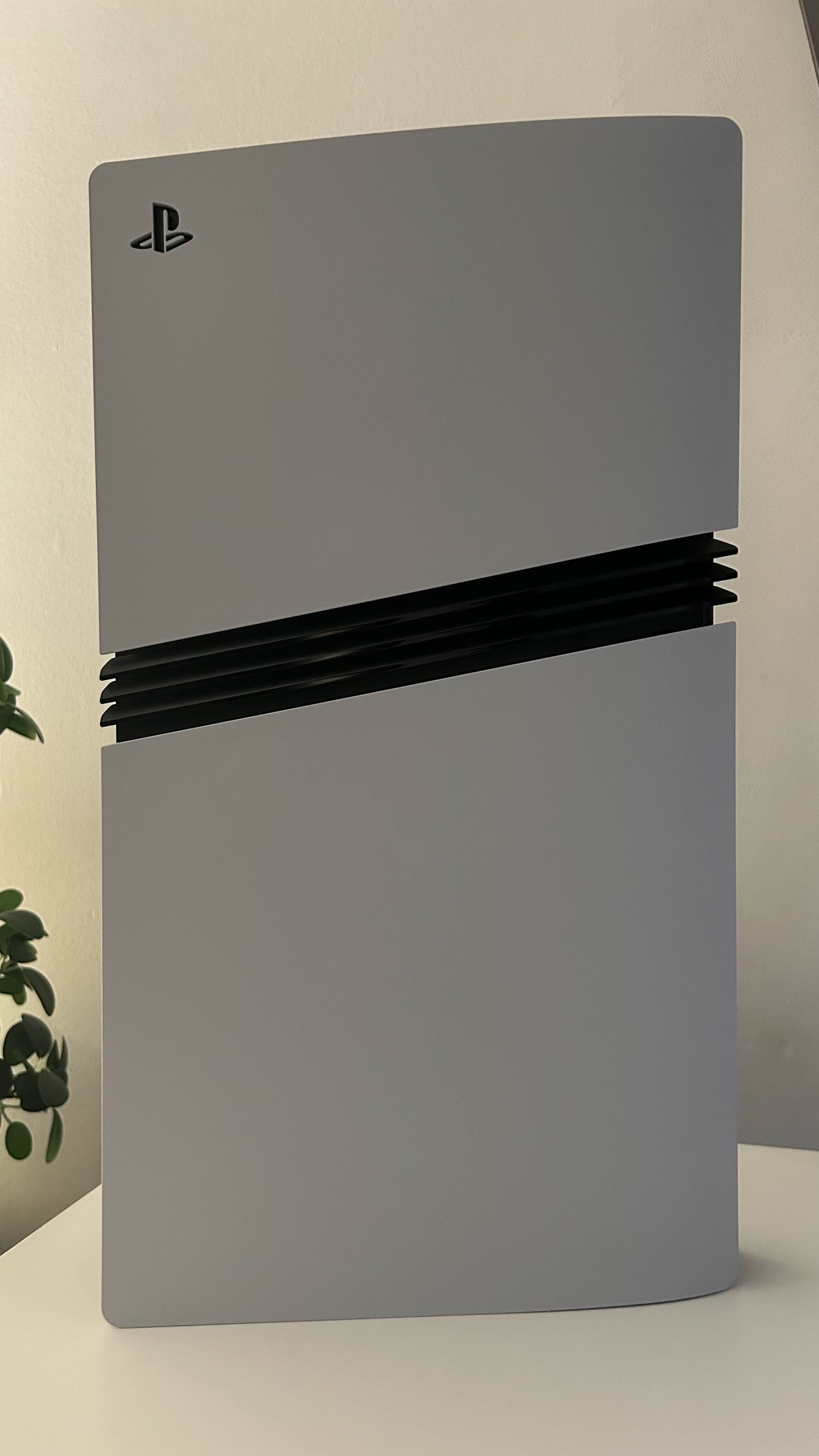The PS5 Pro's best friend isn't a TV, it's a gaming monitor
Sony's updated console might work better on your desk than under your TV.

The PlayStation 5 Pro isn't going to replace your gaming PC. I could've told you that the moment it was announced. But after spending the last week with a pre-launch console from Sony and testing various games with it connected to my gaming monitor, I don't think I'm going to move it off my desk.
Much like my gaming PC, the PS5 seems better suited to a monitor than a TV, especially with the PS5 Pro. Several of the games I tested had options for utilizing my monitor's 120Hz refresh rate and variable refresh rate mode. Both of them help boost your game's frame rates based on how fast your display is. It's hard to find a monitor at this point without them, but TVs charge a premium for these 'speciality' features.
Basically, if you have a gaming monitor that does G-Sync or Freesync, the PS5 Pro will benefit. The base PS5 does too, but the beefier hardware in the Pro, along with its new PSSR upscaling tech, gives you more options for how you want to apply it.
The PS5 Pro's greatest feature is how easy it is to play games at 60 fps without giving up a ton of visual quality. There are some minor issues here and there, like some objects looking a little too smooth, but they're mostly invisible while actually playing a game. Frame rate is the bottleneck to beat and having a monitor that can push a high refresh rate gives you more options than just using a game's 60 fps performance mode.
A few of the Sony-published games I tested can push past their "fidelity" modes' 30 fps caps by increasing the refresh rate to 120Hz and unlocking the refresh rate through VRR. Spider-Man 2 can be set to "smoothed" so the frame rate increases to 40 fps and stays stable or "uncapped" to reach higher frame rates at the cost of dynamically changing the resolution based on the scene. While I can't speak to how stable the resolution is without a lot more time to test, I can say that even the smoothed option is a big improvement over not having it on at all.



Steam Deck owners might've played with its 40Hz mode, locking the fps to 40 and giving you almost as much responsiveness of 60 fps without the visual drawbacks. The PS5 Pro can do it too. I was able to play Ratchet & Clank: Rift Apart at a pretty steady 40 fps in the mode that is supposed to sacrifice frame rate for raytracing and other visual improvements.
You can also stack this feature on top of the 60 fps performance mode, giving you an even higher frame rate or more overhead for when it can't quite maintain its target fps. I found it particularly useful while swinging through New York City in Spider-Man 2. It's certainly not the kind of flexibility you get with a list of graphics options on a PC, but it's a start.
Keep up to date with the most important stories and the best deals, as picked by the PC Gamer team.
The problem is that the list of games that support it is fairly small and if you only include the ones with PS5 Pro-exclusive graphics presets, it's even smaller. That said, older games that support it should run at a higher frame rate than the base PS5. You just won't get the better image quality unless the developers update the game to support the PS5 Pro—which Sony says will happen over time.
As is sort of expected for a $700 upgraded console, the performance increases aren't big enough to justify buying one if you already have a gaming PC or a base PS5. And if you really want to experience a good 4K picture, you need a big TV. But it's a strong case for anyone who does end up getting one to keep this thing on your desk, or to plan accordingly for a PlayStation 6 or whatever. It helps that it's also smaller than the original PS5—although it still looks like I have an Alienware PC living on my desktop. But, hey, it's quiet and plays the games Sony hasn't ported over yet. I'll take it.
Tyler has covered videogames and PC hardware for 15 years. He regularly spends time playing and reporting on games like Diablo 4, Elden Ring, Overwatch 2, and Final Fantasy 14. While his specialty is in action RPGs and MMOs, he's driven to cover all sorts of games whether they're broken, beautiful, or bizarre.

